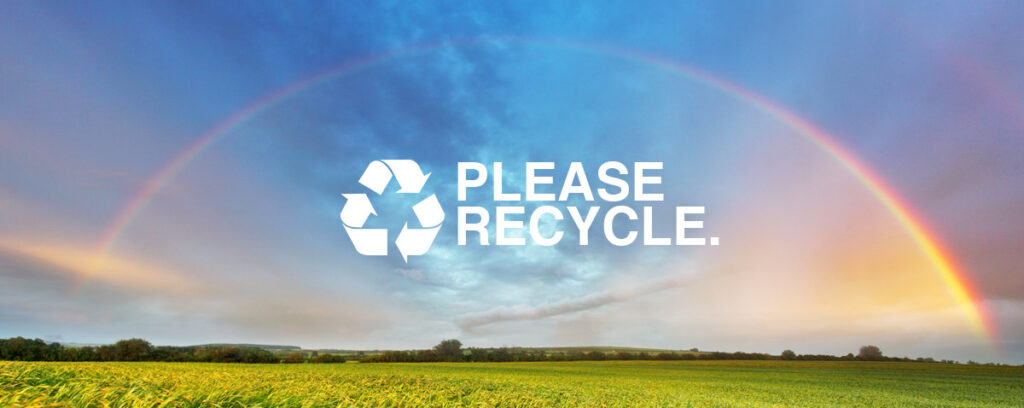Here is a useful junk removal list of recyclable items. When you are cleaning out your yards and garages and businesses if you can’t reuse or reduce, items don’t forget to recycle.
The U.S. Environmental Protection Agency claims that recycling has saved over 72 million tons of trash from landfills in 2003, and it creates millions of jobs, reduces greenhouse gasses, saves energy and natural resources and decreases pollution.
Recycling your un-usable items which cannot be refurbished allows those things to take on a brand-new life when they are remade into new objects that contain a significant amount of post-consumer recycled material.
Everyday trash junk removal
Most municipalities in New York maintain programs that as on regularly appointed schedules pick up recyclables at least once a week or more. It is your responsibility to separate what goes into each recycling bin. For the most part, municipalities require a been for plastic, one for paper and one for metals.
According to the New York State Department of Sanitation, the following is a comprehensive list of recyclable items:
Paper:
- Newspapers, magazines, catalogs
- White and colored paper (including lined, copier, and computer paper; staples are acceptable)
- Mail and envelopes (any color; window envelopes are acceptable)
- Paper bags
- Wrapping paper
- Soft-cover books (such as paperbacks and comics; no spiral bindings), telephone books
Cardboard:
- Cardboard egg cartons and trays
- Smooth cardboard (such as food and shoe boxes, tubes, file folders, and cardboard from product packaging)
- Pizza boxes; remove and discard soiled liner, and recycle plastic supporter in your blue bin
- Paper cups (waxy lining is acceptable if the cups are empty and clean; plastic lids go in the blue bin)
- Corrugated cardboard boxes, flattened and tied
Not Accepted:
- Paper with thick wax or plastic coating (such as candy wrappers, and take-out containers)
- Soiled or soft paper
- Hardcover books
Metal, Glass, Plastic & Cartons
Empty and rinse containers before recycling.
Metal:
- Metal cans (including soup and pet food cans, empty aerosol cans, dried-out paint cans)
- Aluminum foil wraps and trays
- Metal caps and lids
- Household metal (such as wire hangers, pots, tools, curtain rods, knives, small appliances that are mostly metal, and certain vehicle license plates)
- Bulk metal (such as large metal items like furniture, cabinets, and large appliances)
Glass:
- Glass bottles
- Glass jars
Plastic & rigid plastic:
- Plastic bottles, jugs, and jars
- Rigid plastic caps and lids
- Rigid plastic food containers (such as yogurt, deli, or hummus containers; dairy tubs, cookie tray inserts, ” clamshell ” containers, and other plastic take-out containers)
- Oral surgery utensils and medical equipment
- Rigid plastic non-food containers
- Rigid plastic packaging (such as ” blister-pack ” and ” clamshell ” consumer packaging, acetate boxes)
- Rigid plastic housewares (such as flower pots, mixing bowls, and plastic appliances)
- Bulk rigid plastic (like crates, buckets, pails, furniture, large toys, and large appliances)
Cartons:
- Food and beverage cartons (such as cartons for soy milk and soup)
- Drink boxes
- Aseptic packaging
Not Accepted:
- Batteries (remove before recycling toys and small appliances)
- Plastic bags, wrappers, pouches, squeeze tubes, foam


